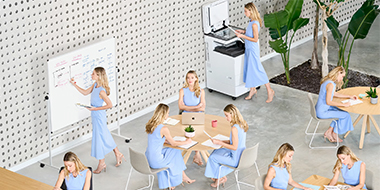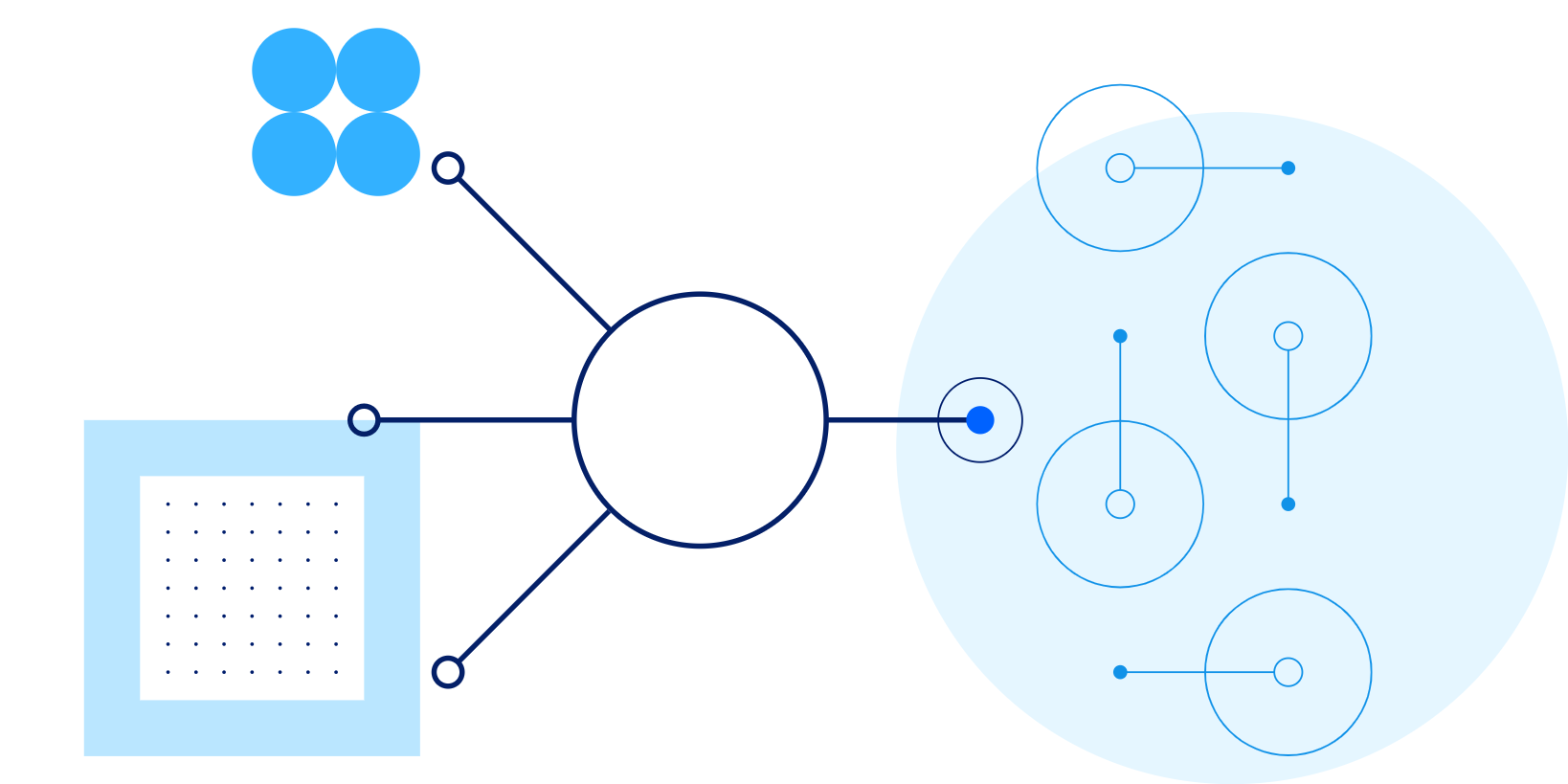Perspectives
Re-imagining the workplace of the future at IBM Ireland
31 January, 2023 | Written by: Deborah Threadgold
Categorized: Perspectives
Share this post:
Monumental changes have taken place over the past few years, not least because of the unparalleled impact of the Covid pandemic. Add in other macro trends, including a heightened focus on sustainability, and it’s clear there’s no returning to the pre-pandemic ways of working.
One of the opportunities thrown up by all this change is how IBM adapts to a new hybrid way of working – one that encourages collaboration and the innovation required to best serve our people, our clients, and our partners. Like IBM has done in the UK and elsewhere, we need to re-imagine our workspaces to deliver on this agenda, creating the right environment for our employees to thrive and providing positive environmental stewardship.
Our Dublin Technology Campus is where we have the biggest opportunity to do this – reducing our carbon emissions while creating sustainable, collaborative workspaces fit-for-the-future.
We’re therefore advertising the Campus for sale to gauge interest and will simultaneously consider multiple options for the future, including leasing back on the same site. Leasing is the norm for IBM globally. Ireland remains an important strategic location for IBM and it will not impact our operations
We have a great track record in this regard. Nearly a decade ago we successfully moved our key Digital Sales teams from an older location to the very same campus, also to fundamentally re-imagine and improve our real estate facilities.
So what’s our vision for the workspace of the future? They will be explicitly designed to be open, flexible and created for collaboration, experimentation and to work with our clients and partners. When teams are in the workplace, they will work together, innovating and co-creating ideas, defining outcomes and determining the best path to get there. There will be break-out spaces to get away from a desk and much greater digital connectivity so IBMers can engage with those working remotely, as though they are present. Sustainability and wellness will be key factors in the design of new offices too.
IBM has had a presence in Ireland since the 1950s and will continue to be a critical strategic location for the IBM Corporation for many years to come. We have rich history of innovation and our teams have contributed to projects of significant societal and national impact. We’ve prospered over the decades by staying ahead of important trends, to be best positioned for continued success.
I’m proud of what we have achieved in Ireland and confident that we will continue to succeed in a world that is experiencing an explosion of digital innovation. The potential of technologies such as hybrid cloud, AI, Blockchain, and Quantum have created a powerful opportunity to empower people to do good and help make our world work better.
This is an exciting new era and our re-imagined workspaces are just one proof point of our commitment to a sustainable future for Ireland, our people, clients and partners.

Country General Manager, IBM Ireland
Generative AI: driving a new era of HR transformation
Helen Gowler, Partner, EMEA Talent & Transformation Lead Today, I’m proud to be part of a company that’s committed to addressing gender bias in the tech industry. IBM is pioneering the use of AI to tackle this issue, and I’m excited to contribute to this effort. Our team is developing AI models that can detect […]
Multi-Modal Intelligence Platform
Traditionally, data management systems provided only numerical or textual based business intelligence primarily for back-office users across finance, sales, customer management and supply chain. Today, we are increasingly seeing data management systems which drive key business functions requiring interrogation of multi-modal data sets from documents, presentations, images, videos to audio. This demands a more sophisticated […]
The use of GenAI to Migrate and Modernise Organisational Core Programming Languages
GenAI is hugely powerful and supports a diversity of use cases by focusing on routine work – allowing people to focus time on value-add tasks, thus enhancing productivity. The focus of this use case is for an organisation which had previously focussed on a legacy set of tooling and programming languages and needed a way […]


